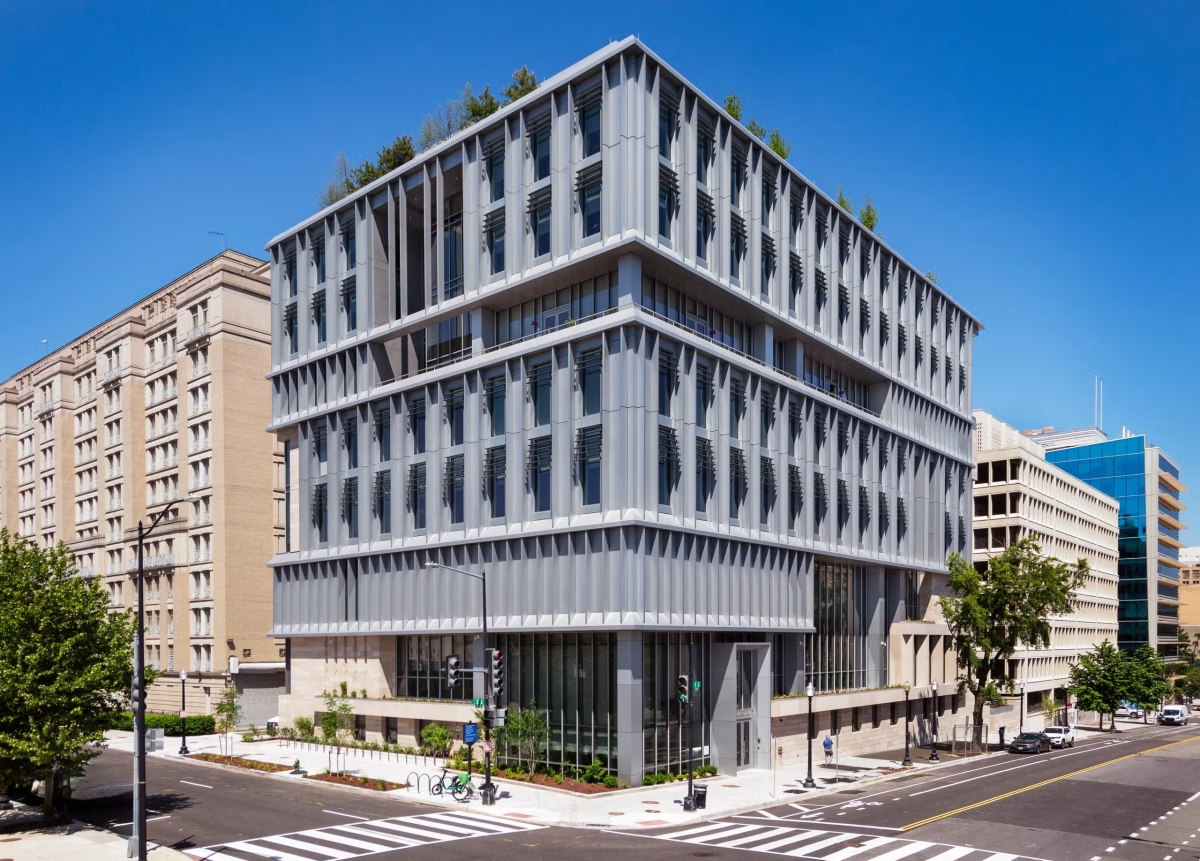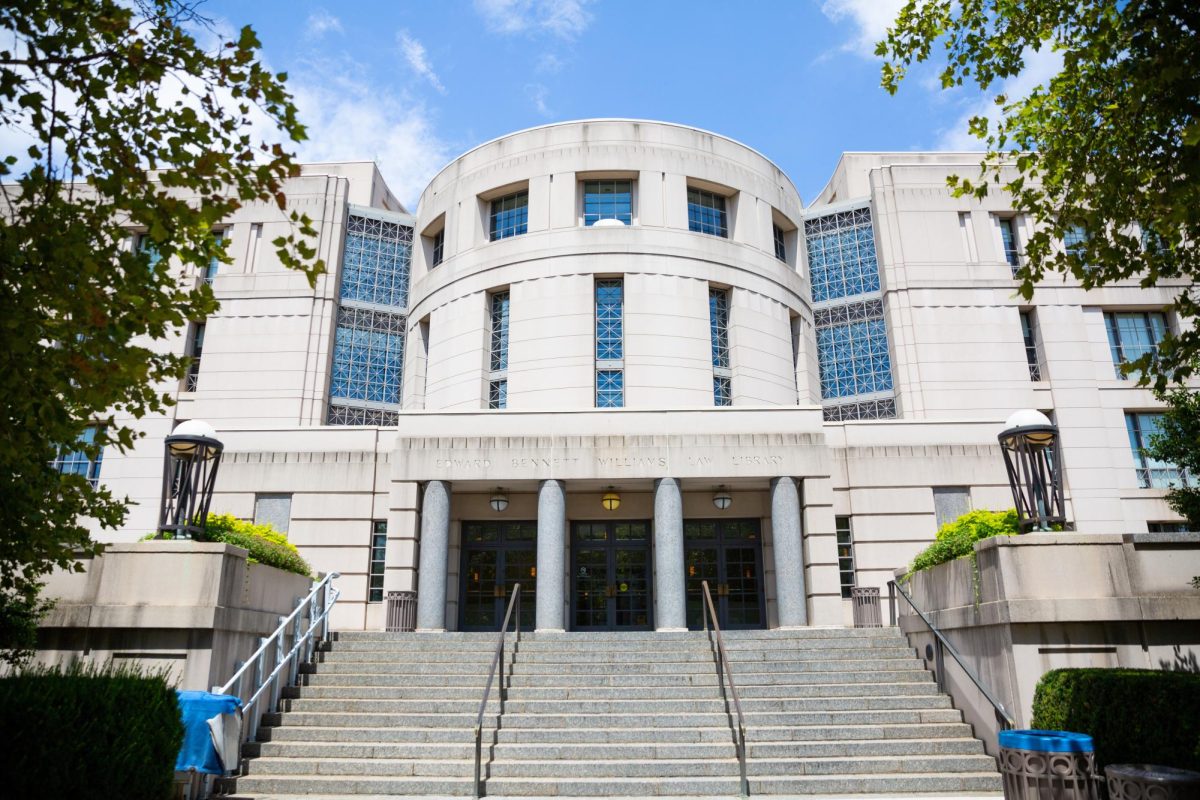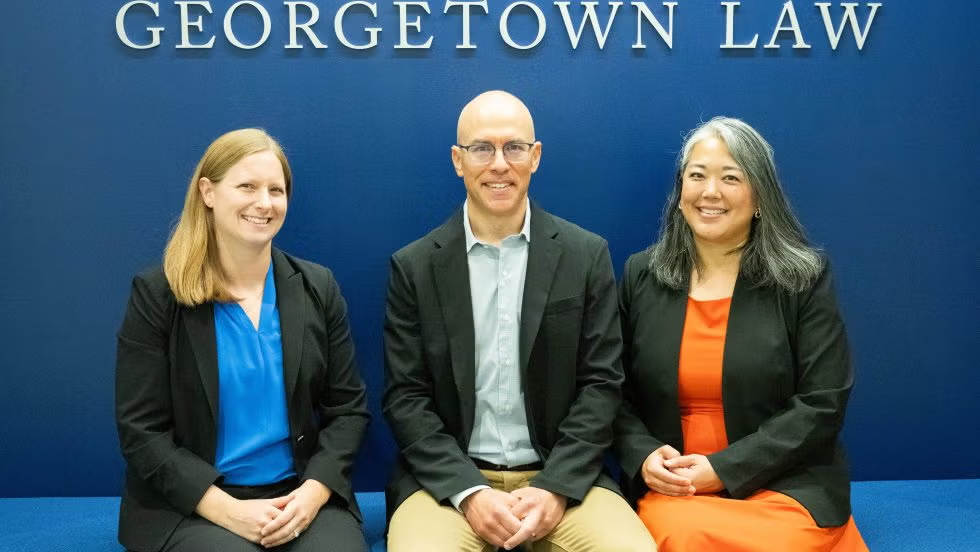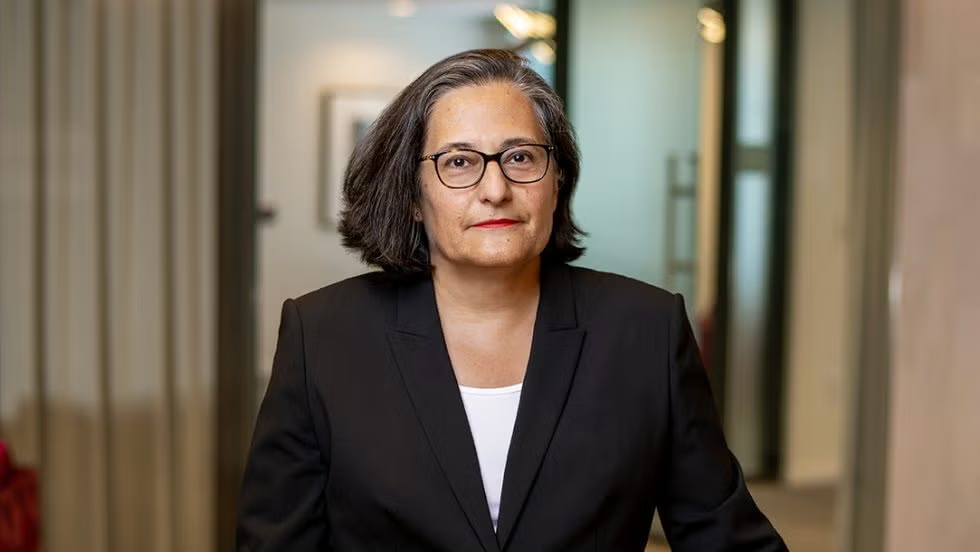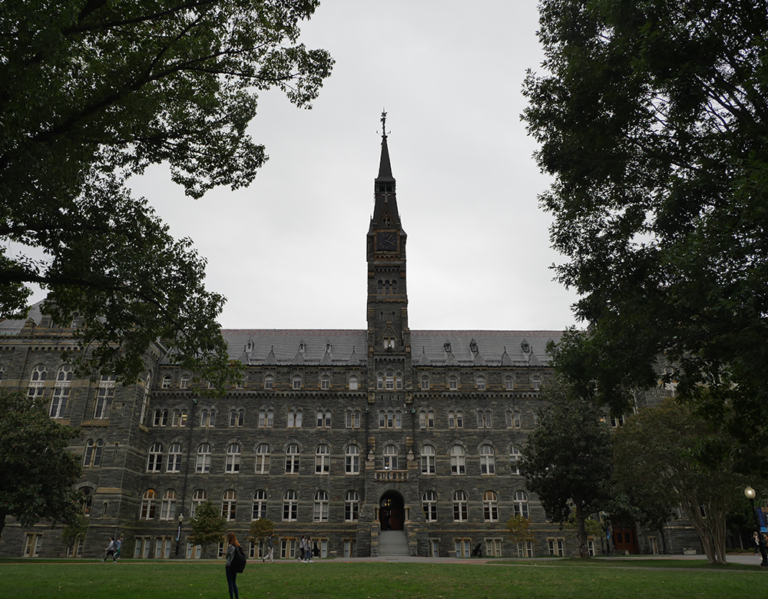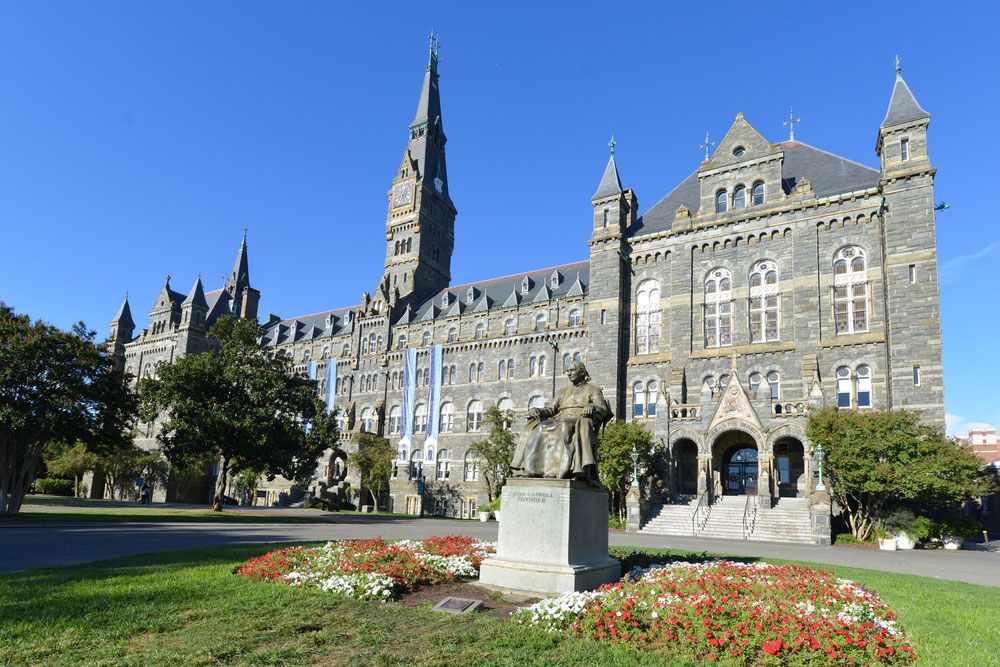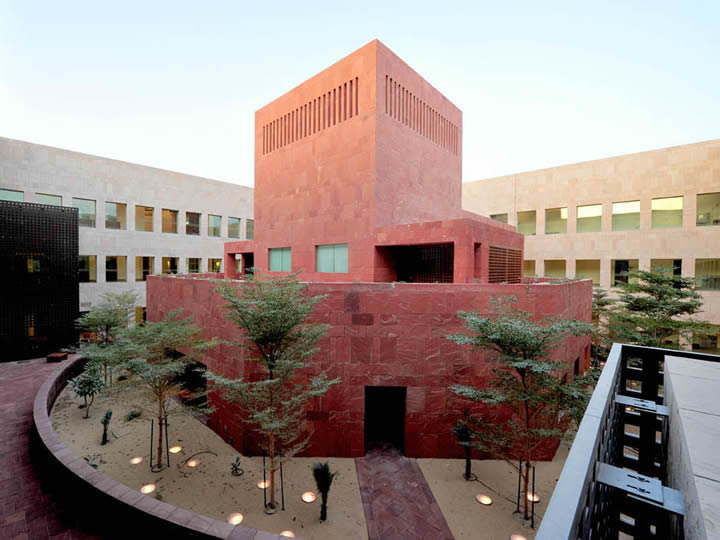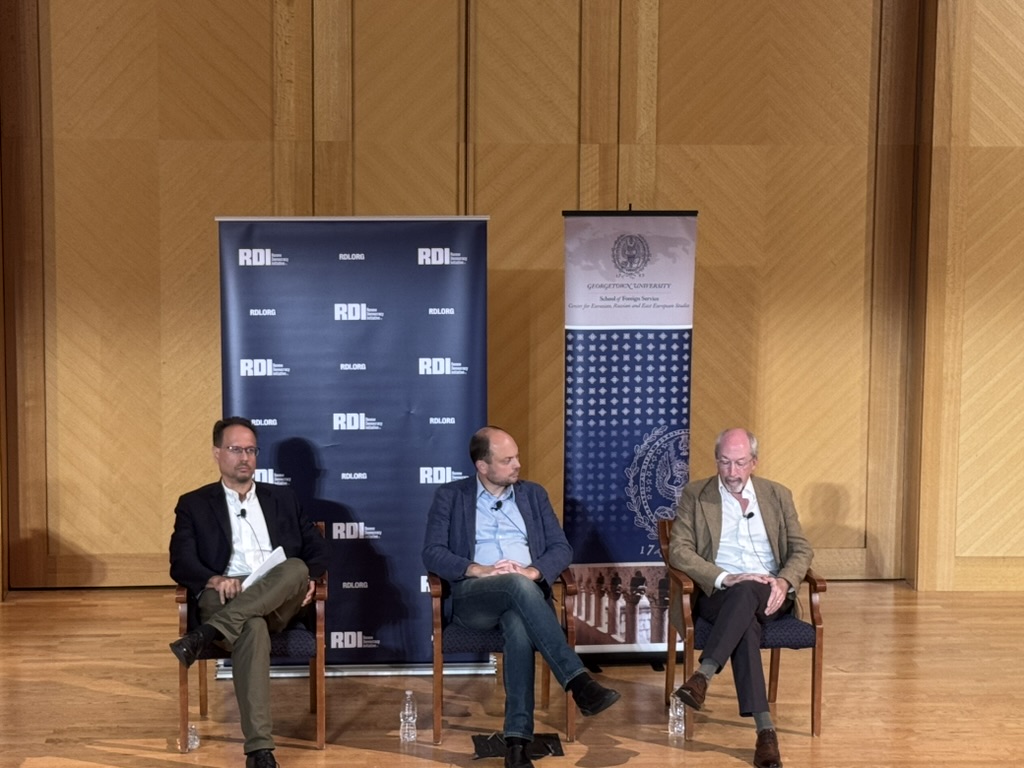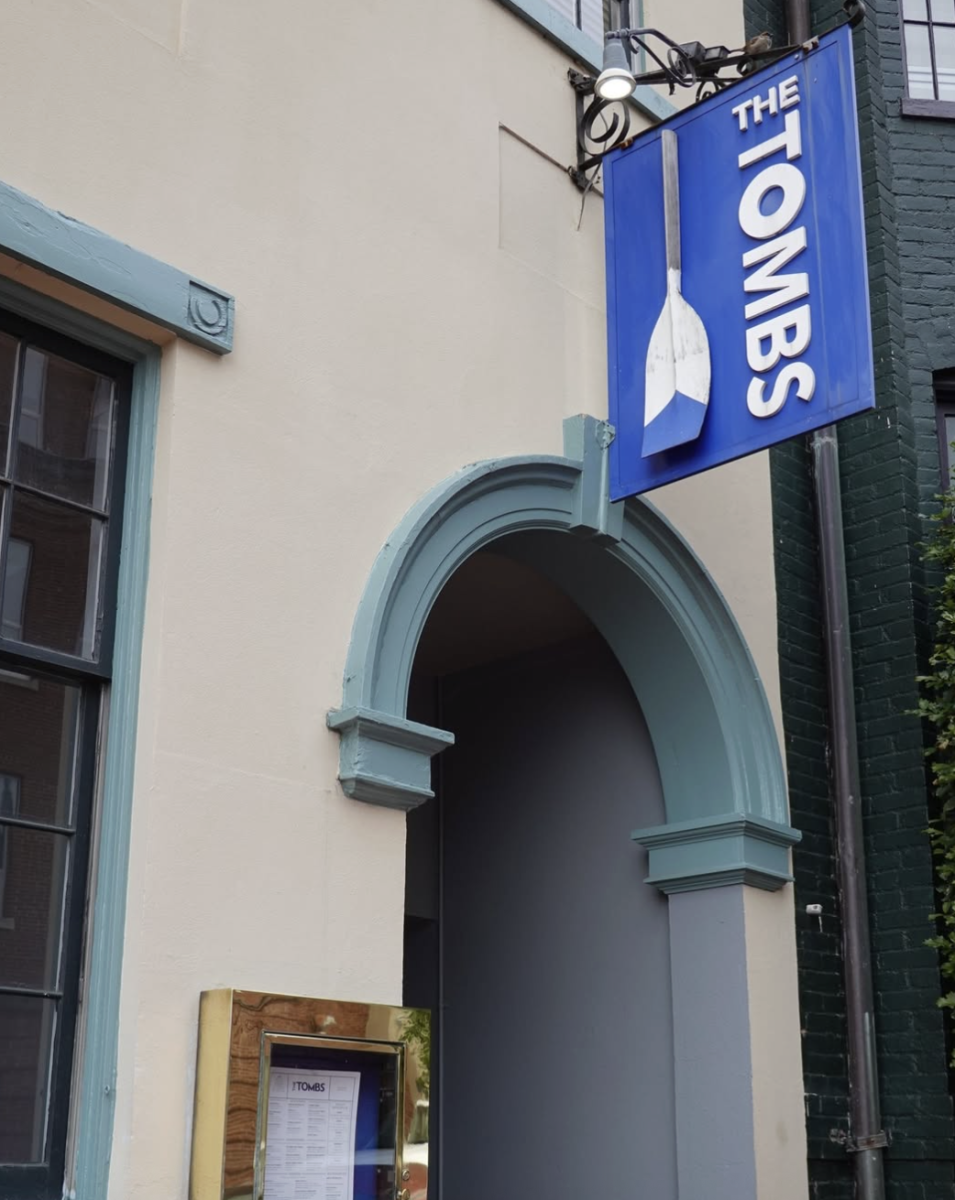A joint research center at the McCourt School of Public Policy received an $800,000 grant from a philanthropy group to fund five research studies on social programs and economic mobility Aug. 25.
The Better Government Lab (BGL), a collaborative center between McCourt and the University of Michigan’s Gerald R. Ford School of Public Policy, carries out evidence-based policy research and provides policy solutions. The grant, which comes from philanthropy group Arnold Ventures, will allow BGL to analyze how social safety nets help alleviate economic hardship.
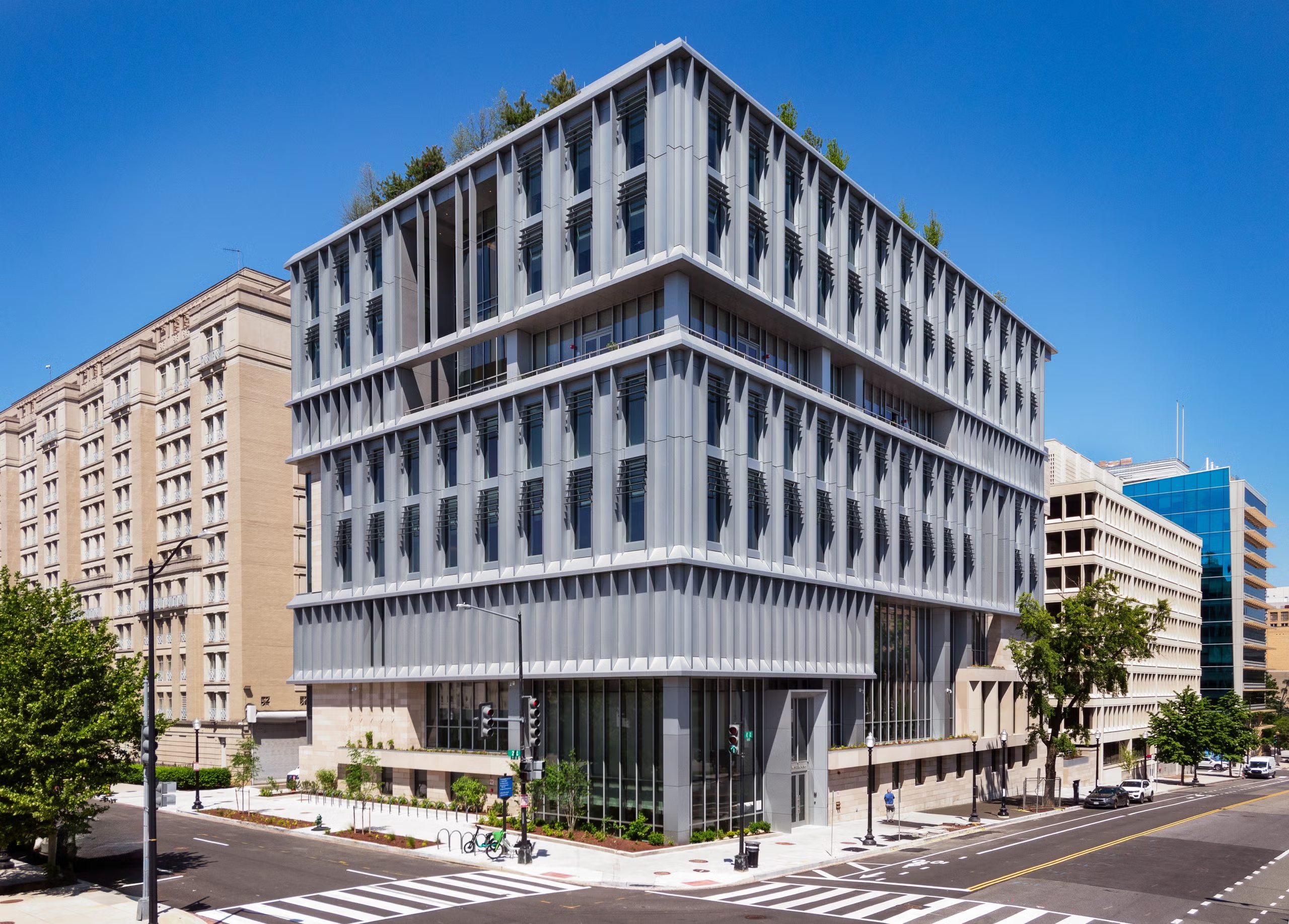
Sebastian Jilke, co-director of the BGL and a McCourt associate professor, said the BGL has an important real-world impact which will be assisted with the grant.
“This work is not only timely, but a classic problem — before we implement public policies, we need to evaluate if they work,” Jilke wrote to The Hoya. “Sounds simple, but is not in practice where partisan views have a much greater influence on what we think works best. At BGL, we study what works and how it can reach its people through proper implementation.”
The five funded studies were chosen to evaluate the efficacy of different innovations to social welfare programs that benefit economically vulnerable populations. The studies will consider unconditional cash transfers, simplified income reporting for food stamp benefits, streamlined childcare grants, education tax benefits and alternative responses to 911 calls.
Jeremy Barofsky, executive director of the BGL, said the studies aim to provide all levels of government with research-backed policies that will expand the reach of social safety net programs.
“The studies were partly chosen based on their rigorous design, as well as for their potential to generate evidence on how government can best provide economic security during times of uncertainty such as the COVID-19 pandemic,” Barofsky wrote to The Hoya.
The studies will draw from benefits records, randomized field trials, tax data and police call data.
Barofsky said the researchers’ analysis of these unique datasets will allow them to evaluate how programmatic changes affect individuals’ access to state and local government benefits.
“Once completed, the rigorous design and use of large-scale administrative data sets will allow us to determine, for example, whether economic stimulus payments improved access to college enrollment, whether simplified reporting requirements increased access to food aid for low-income people and how an alternative response program to 911 calls affected arrest rates,” Barofsky wrote.
Jilke said the philanthropic grant was even more important in light of government funding cuts to the American Rescue Plan, a 2021 economic stimulus bill — passed to alleviate effects of the pandemic — that previously funded the studies.
“Luckily, Georgetown is an evolving powerhouse on economic mobility and state capacity, with numerous high-profile colleagues across schools and departments,” Jilke wrote. “I hope Georgetown and the McCourt School continue to provide resources and help us to further advance this line of research in the future.”
Daniel Banko-Ferran, a postdoctoral research fellow at the BGL, said grants like this one are key for the lab’s work.
“Without these grants, these evaluations wouldn’t be occurring,” Banko-Ferran told The Hoya. “The ability to evaluate these policies — you would see much less of it, because that would require more resources on behalf of the policy makers themselves, and they have many things that they have to prioritize in their budgets.”
“It’s great that we can have partners that can help coordinate these initiatives and let the city focus on the policymaking,” Banko-Ferran added.
Arnold Ventures, the group that provided the grant, is a philanthropic limited liability company that funds evidence-based bipartisan policy research, development and implementation. The company supports research and reform efforts of organizations, like the BGL, that study criminal justice, health, higher education, public infrastructure and public finance.
Banko-Ferran said the BGL’s research has tangible benefits for government research.
“The Better Government Lab, it’s sort of in the name itself,” he said. “We’re trying to help improve these pathways between policymaking and, ultimately, the citizens that those policy makers are serving.”


